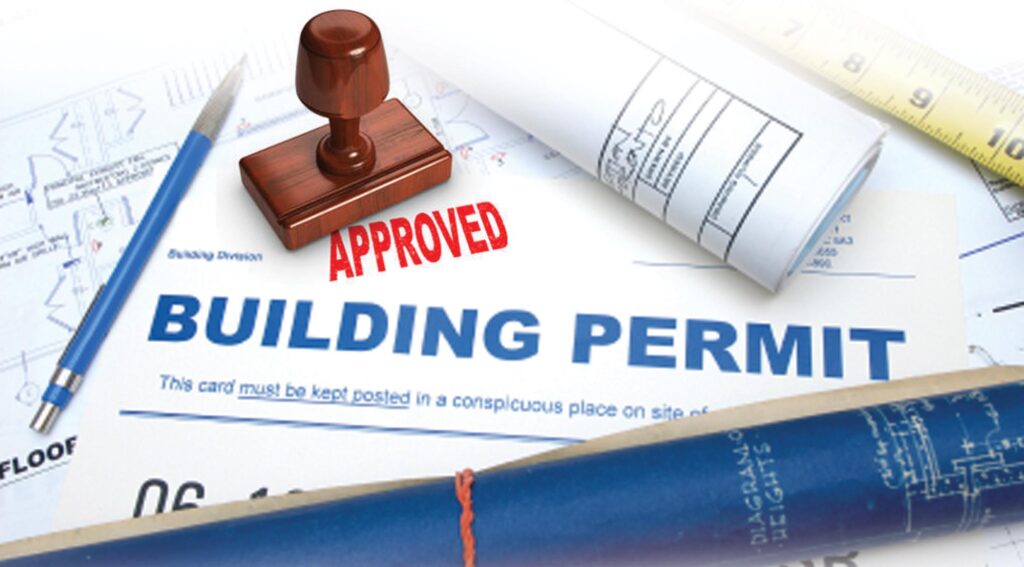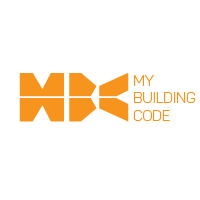The first person you contact when you want to put up a building, whether a home or development is an architect.
Jump to:
- Consult and Design
- Planning Permission and Building Permits
- Visit the construction site and administer construction
How much should an architect charge?
Who is an Architect?
An architect is a skilled professional who plans and designs buildings and generally plays a key role in their construction.
Architects are highly trained in the art and science of building design. Since they bear responsibility for the safety of their buildings’ occupants, architects must be professionally licensed.
In Kenya, all practicing architects are licensed by the Board of Registration of Architects and Quantity Surveyors (BORAQs) according to cap525 of the laws of Kenya. You can access the list of registered architects here.
What does an architect do?
Architects’ duties fall into three main roles:
1. Consult and Design

As the design expert, the architect is in charge of creating various drawings or designs of a building before construction.
The architect consults with clients to determine their requirements and to prepare drawings and specifications of the concept.
The architect is the professional who creatively visualizes what their clients want from a building project, and bring such vision to life through architectural drawings and 3D renders.
The designs must comply with building, safety and local planning regulations and restrictions.
2. Planning Permission and Building Permits

Before construction work can be carried out, you need to seek approval from the government or local authority in charge. This can be done by obtaining a permit or approval to carry out the construction.
It is the role of your architect to prepare all necessary documents for the planning permission. They ensure everything that is needed, is in order and ready to go and do the submissions on behalf of their client.
They will also look at local authority guidelines and statutory requirements to help with the process of getting your project approved.
3. Visit the construction site and administer construction

An architect’s involvement doesn’t end with preparing the drawings for construction work. As your advisor and agent, the architect will visit the site to protect you against work that is not according to the plans.
During Construction the architect will visit the site at intervals s/he considers appropriate to the stage of construction to inspect the progress and quality of the work and see that the project is built to the design intent.
These visits are known as “site inspections” and can occur weekly, biweekly, or monthly depending on your project’s scope and your agreement with your architect.
This part of the job is known as contract administration. It entails reviewing the completed work to make sure it matches the drawings and specifications submitted in the contract documents. Depending on the type of project, this role can be performed in conjunction with other consultants such as quantity surveyors and construction managers.
How much should an architect Charge?
By law (Cap 525: Architects and Quantity Surveyors Act), architects in Kenya are expected to charge a minimum of 6% of the total construction costs for designing a new building. In some projects, such as renovating an existing building, the minimum rate goes up to 10% of the total cost of construction.








I often hear the misconception that architects only design the layout of a building and that’s the end of their work. In fact, architects set tasks and manage the construction process, which seems difficult, but by automating workflows, architects can spend more time on project development.